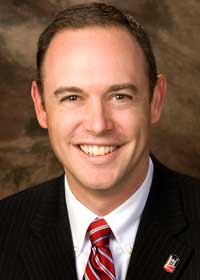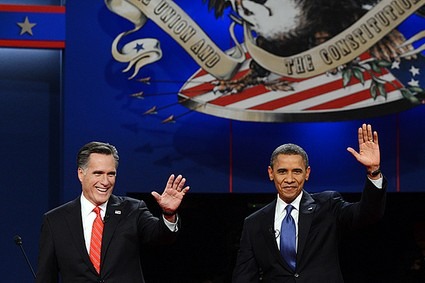by Matt Streb
The presidential debates are now over and we are two weeks away from Election Day. The national polls show a dead heat, and that is unlikely to change, even after Monday night’s debate. Simply put, there are not many undecided voters left, and those who are undecided probably were not watching a presidential debate on foreign policy.
So, what can we expect in the final two weeks? A lot of ads, almost all of which will be negative, and a ridiculous amount of money spent by the candidates, parties, and independent groups. Be thankful that you do not live in Ohio, Florida, or Nevada.
The amazing aspect of this race is that even with the more than $1 billion that the candidates have combined to spend (and that much more spent on their behalf by others), this election will likely be decided by voters in one state: Ohio. The electoral college math is becoming clearer. There are only a little more than a half dozen states that truly remain in play. And, in the past week or so, some battleground states are coming more into focus. Romney has moved ahead in North Carolina; Obama appears to be winning in Iowa and Wisconsin. However, it is tough to see the road to 270 electoral votes (the majority that is needed to win) for either candidate without Ohio.
This election may very well end up looking awfully similar to 2004. Had John Kerry won Ohio, he would have been president. He also would have won the electoral vote, but lost the popular vote. It is unlikely that we will have a popular vote winner/electoral vote loser like we did in 2000, but it is quite likely that Ohio, not Florida, will once again be the deciding state.
After what seems like a campaign that has gone on forever and an election that has seen unprecedented levels of money, it is hard to believe that voters in one state likely get to decide the presidential election. But that is where things stand just two weeks out, and they are not likely to change.
Dr. Matt Streb is an associate professor and chair of NIU’s Political Science department. He is the author of two books: “The New Electoral Politics of Race” (University of Alabama, 2002) and “Rethinking American Electoral Democracy” (Routledge, 2008). He is host/moderator of NIU’s Election 2012 Presidential Speaker Series and recently participated in a pre-election discussion on WTTW’s Chicago Tonight with Carol Marin.


